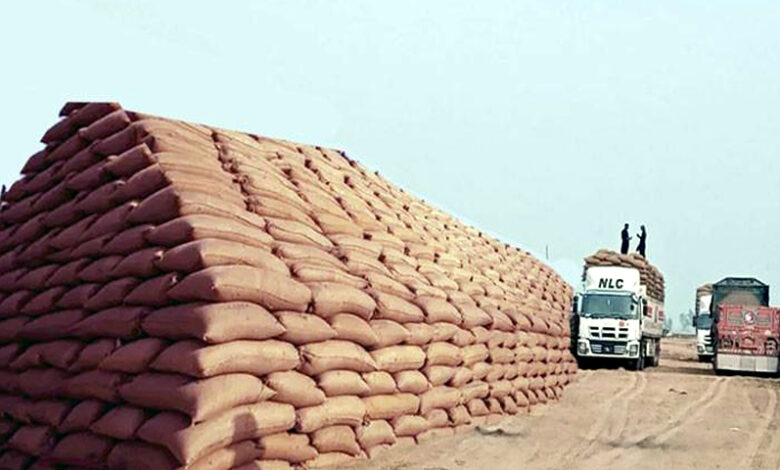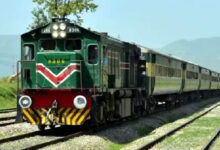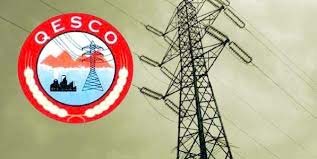Federal Government Seeks Wheat Price Proposals from Provinces and Plans PASCO Reforms

Islamabad:The federal government has written to all four provincial governments regarding the **support price of wheat** for the upcoming **2025 wheat season**. In the letter issued by the Ministry of National Food Security, it was stated that the new support price for the 2025-2026 wheat crop would not be set by the federal government at this stage.
### **Key Details from the Federal Government’s Letter**
1. **Wheat Support Price**
The letter emphasized that the federal government will not determine the support price for wheat for the **2025 wheat crop**. This decision marks a shift in the traditional method, which often sees the federal government setting the price and provinces aligning with it.
2. **Proposals on Wheat Food Security**
The federal government has also requested proposals from the four provinces based on their population and local food security needs. These proposals are expected to outline regional strategies for wheat procurement and storage to ensure that each province’s needs are met.
3. **PASCO’s Future**
The letter also sought feedback on the future of the **Pakistan Agriculture Storage and Services Corporation (PASCO)**. There is a proposal to phase out PASCO, as it currently reserves about **1.2 million metric tons of wheat** for national reserves. However, due to ongoing financial mismanagement, PASCO’s effectiveness has been questioned, and the government is considering its dissolution or restructuring.
4. **Third-Party Food Security Solutions**
In addition to the proposals on PASCO, the federal government is also looking into **third-party companies** to handle food security services at a national level. These third-party companies would be tasked with improving efficiency, reducing financial discrepancies, and enhancing wheat storage and distribution mechanisms across the country.
### **Reasons Behind PASCO’s Potential Closure**
Sources within the Ministry of Food Security explained that PASCO, despite its significant role in wheat reserves, has been plagued by **financial irregularities**. As a result, the government has decided to scale back its operations, especially regarding the wheat reserves, and is exploring more efficient and transparent alternatives for food security.
The decision is also seen as a part of broader reforms aimed at improving the country’s food security system, which has faced numerous challenges in recent years due to mismanagement and corruption.






